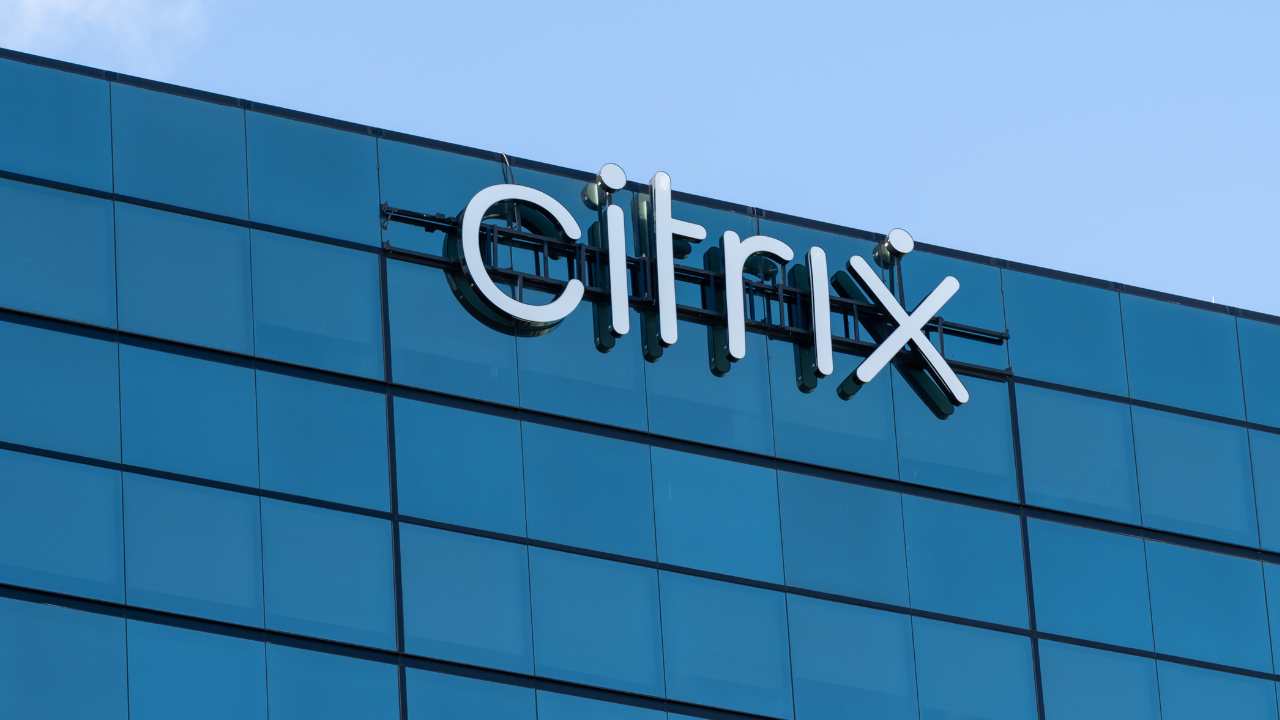Dear Mr. Berko: Frontier is an internet, wireline, broadband, satellite and video communications company trading at $4.75 and yielding 8.8 percent. It just bought a big piece of Verizon’s wireline business, and I think the company, with its high dividend, is attractive because its business is nearly recession-proof. People always need communications. — LM, Kankakee, Ill.
Dear LM: A frontier is defined as a dividing line between two countries. And that dividing line is between Verizon, which is the good country, and Frontier, which is clearly the bad country.
Frontier Communications (FTR) now trades at $3.60 and yields 13 percent. In April, FTR completed its acquisition of Verizon’s voice, broadband and FiOS connections in California, Texas and Florida. Verizon got a check for $10.54 billion. Subsequently, FTR’s revenues for 2016 doubled, to $9.5 billion, but the company lost 10 cents a share. Customers are getting the shaft. The technical conversion from Verizon to FTR morphed into an abominable nightmare. FTR descended upon its newly acquired 3.7 million Verizon customers like a black sun. Within 24 hours, millions of broadband, wireline and video users lost touch with the world. Jumpin’ Jehosaphat, can you imagine the ensuing entropy in a four-kid household without phones, broadband and video for almost a month? FTR’s share price crashed from $5.75 to $3.10, and months after the merger ink dried, problems still persist, and it takes weeks getting a technician to repair the problem.
I wouldn’t touch FTR with the devil’s pitchfork. Frontier has a below-average safety ranking, worrisome financial strength, poor earnings predictability and, according to Value Line, a “weak Price Growth Persistence rating” of 17, with 100 being the highest. Management’s blundering attempts to convert 3.7 million Verizon customers into FTR’s service universe were a prodigious nightmare. And integrating 11,000 Verizon technicians with 19,000 Frontier technicians has become a technical Tower of Babel.
FTR’s feeble management took on billions of dangerous, high-cost debt to purchase Verizon’s assets. And FTR’s over-optimistic repayment schedule leaves little room for miscalculation, especially if interest rates rise. So if interest rates move higher, the economy slows, management’s technical expertise continues to stink and this acquisition fails to achieve expected synergies, FTR will be in very deep cotton!
FTR has $2 billion in debt coming due in 2020, $2.4 billion in 2021, $2.5 billion in 2022 and $4.5 billion in 2025. It should be noted that FTR’s cumulative earnings during the past 10 years wouldn’t even cover that first debt payment. Be mindful that every year since 2006, FTR’s dividends have greatly exceeded earnings. Meanwhile, FTR’s dense board had to reduce the dividend three times to meet the company’s debt obligations. And considering the aggressive debt payment schedule, some believe that FTR will be forced to cut the dividend again to pay its obligations.
Many analysts rate a company’s management skills based on net profit margin. A net profit margin is net income — defined by InvestingAnswers as “the amount of money remaining after all operating expenses, interest, taxes and preferred stock dividends (but not common stock dividends) have been deducted from a company’s total revenue” — expressed as a percentage of revenue. Frontier’s feeble 3.5 percent net margins are an embarrassment to the telecommunications industry. AT&T’s NPM is 10.7 percent. Verizon’s is 12.3 percent. And the NPMs for telecom companies CenturyLink, Consolidated Communications, BT Group and BCE Inc. range between 5.2 percent and 14.3 percent. FTR’s projected net profit margin of 1.1 percent for 2017 is concerning. Some suggest that FTR’s gormless management and drossy board have failed to adequately manage FTR for shareholders. It’s suggested that FTR’s management and board members need industrial-sized enemas and that after this procedure, they shoul!
d be replaced immediately. Lousy management and low net profit margins are the reasons that Citigroup, Market Edge, Deutsche Bank, Macquarie Group, Value Line and Oppenheimer have “underperform” ratings on FTR.
Short-term speculators could temporarily trade the shares up a point or so in the coming six months, but the prospect of a dividend cut and lower earnings in 2017 is off-putting.
Please address your financial questions to Malcolm Berko, P.O. Box 8303, Largo, FL 33775, or email him at mjberko@yahoo.com. To find out more about Malcolm Berko and read features by other Creators Syndicate writers and cartoonists, visit the Creators Syndicate website at www.creators.com.
COPYRIGHT 2016 CREATORS.COM













